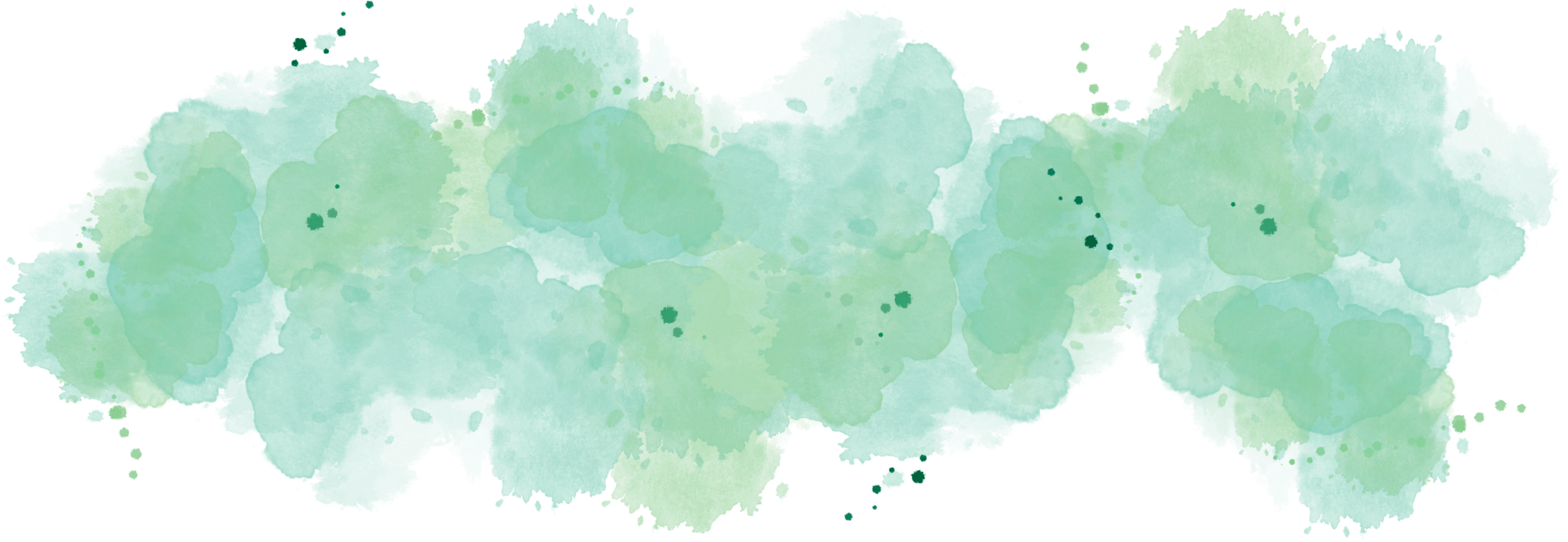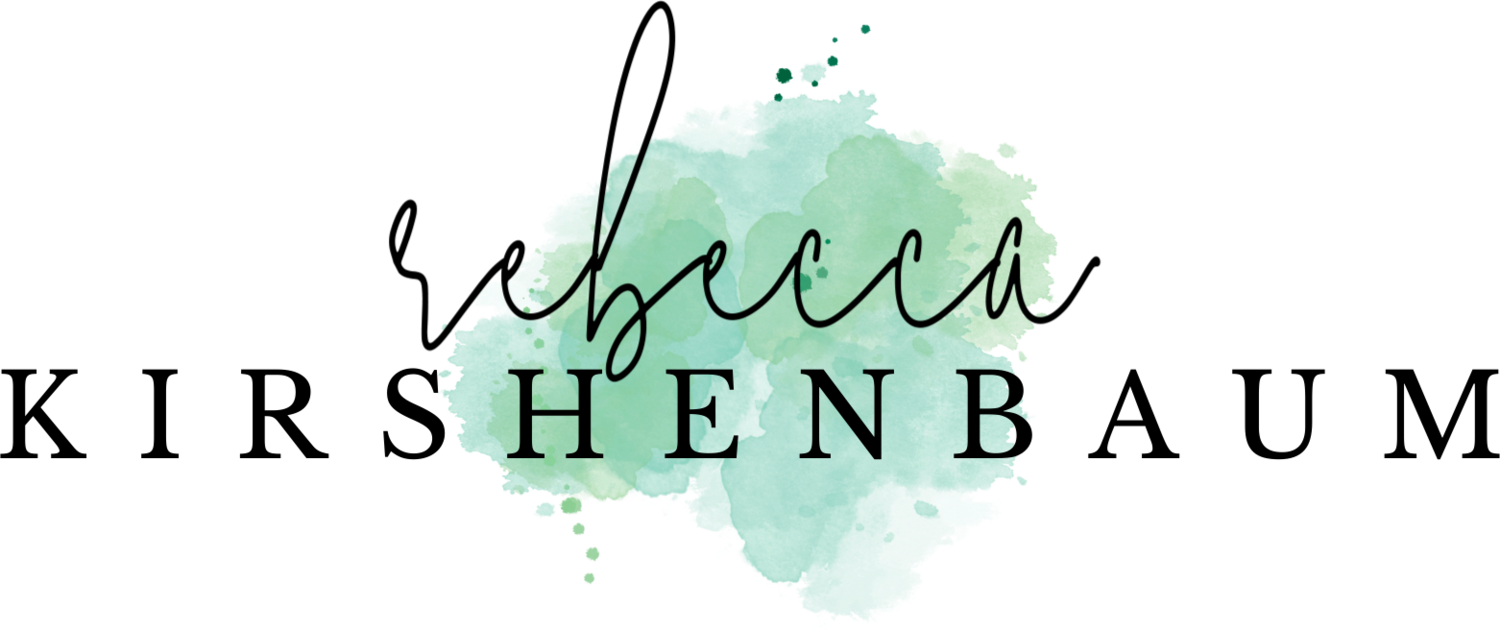







NOTES ON NEURODIVERSITY
Many of my characters are neurodivergent; the term used to encompass the many ways that our brains can be wired. People who are on the autism spectrum, have Attention Deficit Disorder (ADD), Attention Deficit Hyperactivity Disorder (ADHD), and have extreme forms of depression and anxiety, like OCD, are all considered neurodiverse: brains that tend to view the world differently than the majority of people.
Some of the characters in my stories are inspired by my two neurodiverse children, Eli and Caleb. I hope all readers, whether or not they have neurodivergent brains, find these characters relatable, intelligent, funny and empathetic – people they might like to be friends with. Neurodiverse people think about things differently, which means that they often have unique insight, as well. People with neurodiverse brains are some of the best thinkers and innovators in the world. I love that my kids’ brain wiring is integral to many of their best qualities. Without neurodiversity, the world be a very boring place.
My experiences as a reader, writer, and parent have taught me a lot about mental health, but my words cannot and should not stand in for first-hand experience with mental illness. I’m an adjacent voice – someone who knows, understands, and loves two amazing boys with neurodivergent brains. (And lots of other people, too!)
There are many angles from which to depict neurodiverse stories and experiences; I believe in the need for wide, authentic stories from multiple perspectives and the importance of sharing one’s own, lived experiences. As a mother to neurodiverse children, I have one point of view. It is just one of many.
LEARN MORE ABOUT MENTAL HEALTH
It’s estimated that 44 million adults in the US struggle with their mental health, which is about 1 in 5 Americans. Despite how common mental health issues are (nearly 46% of Americans will struggle with their mental health at some point in their lives), many people are still hesitant to talk openly about depression, anxiety, eating disorders, bipolar disorder, OCD, and other mental health challenges. I want to help change that by writing books about everyday kids who struggle with aspects of mental health, like so many do. For more information, please check out the resources below. Talk to your family and friends and ask for help. The first step to getting help – and breaking the stigma—is talking.
NAMI – National Alliance on Mental Illness
AANE - The Asperger/Autism Network of New England (even if you aren’t in New England, they can help!)
-

Learn more about Disordered Eating
There isn’t just one type of person impacted by low self-esteem, negative body image, disordered eating, and eating disorders. These challenges impact people of every age, size, weight, gender, race, sexual orientation, and socio-economic status. You also can’t look at someone to know whether they are healthy or not, which makes it hard for many people to receive the help they need. Learn more at:
-

LEARN more about OCD
OCD, or Obsessive Compulsive Disorder, is a form of anxiety in which people have recurring, unwanted thoughts, ideas or sensations (obsessions) that make them feel driven to do something repetitively, called compulsions. There are many different kinds of repetitive behaviors (for example, hand washing, checking on things or cleaning, being hyper-focused on a particular number, though there are many more) can take so much time and energy that the person suffering can’t accomplish daily tasks, and daily life is significantly disrupted. Not performing the behaviors causes great distress. Many people with OCD know or suspect their obsessions are not realistic, but people with OCD have trouble stopping them anyway.
-

LEARN MORE ABOUT ADHD
ADHD, or Attention Deficit Hyperactivity Disorder, is a form of neurodiversity. It affects people of every age, gender, IQ, race, religion, and socio-economic background. Both boys and girls struggle with ADHD, but boys tend to be identified sooner than girls do, even though early intervention is important for all kids with ADHD. If left untreated, adults with ADHD can have significant mental health challenges as well as struggles in their education, employment, and relationships.
-
Learn More about Therapeutic Horseback Riding:

-
Learn More about Therapy Animals
There are a lot of ways to cope with mental health challenges, but one of my favorites is spending time with animals. My family has a therapy dog, Quimby, who has brought so much happiness to all of us. Quimby helps my sons with anxiety, ADHD, and some of the challenges that come with Autism Spectrum Disorder. Plus she’s adorable!

In 2018, My friend and VCFA advisor A.S. King (Amy) lost her daughter, Gracie, to suicide. Even before that tragedy, Amy was a tireless advocate for mental health, but now she’s an absolute dynamo. I helped her and librarian Penny Kittle to create a list of children’s books spanning three categories, all of which represent topics that were important to Gracie:
Mental Health/ Powerful Emotional Content
LGBQTIA+ Equality, Understanding and Celebration
Social Justice and Activism



